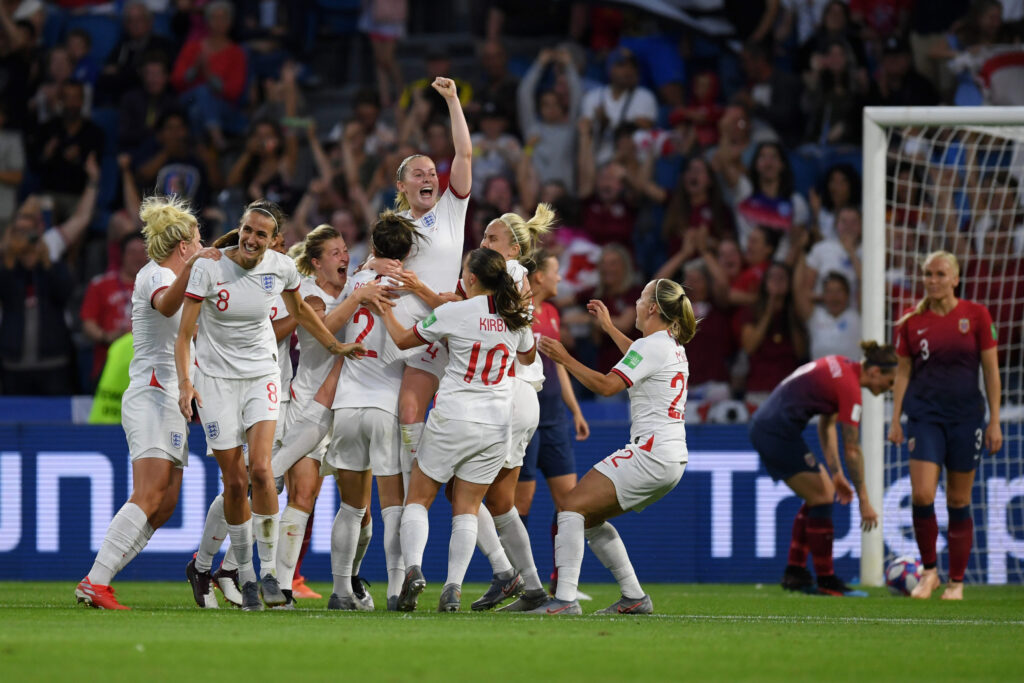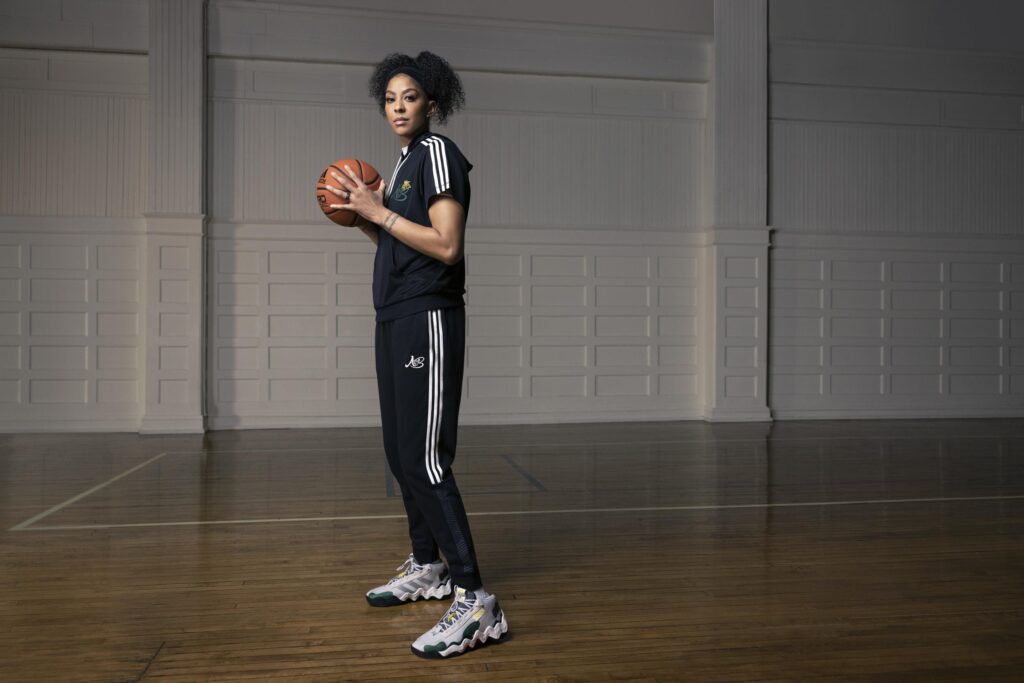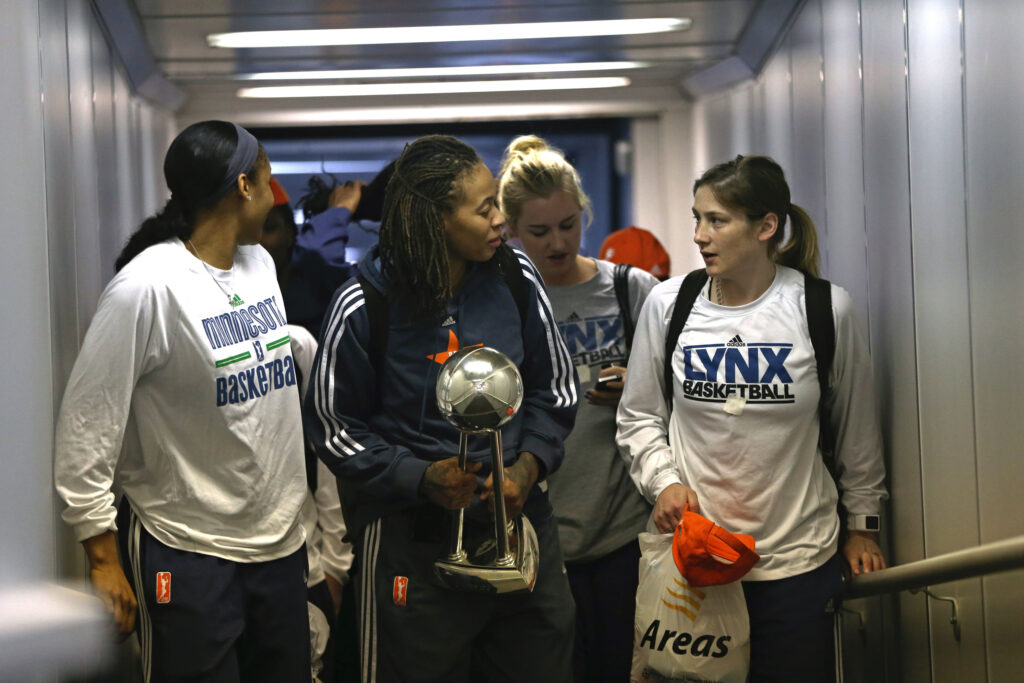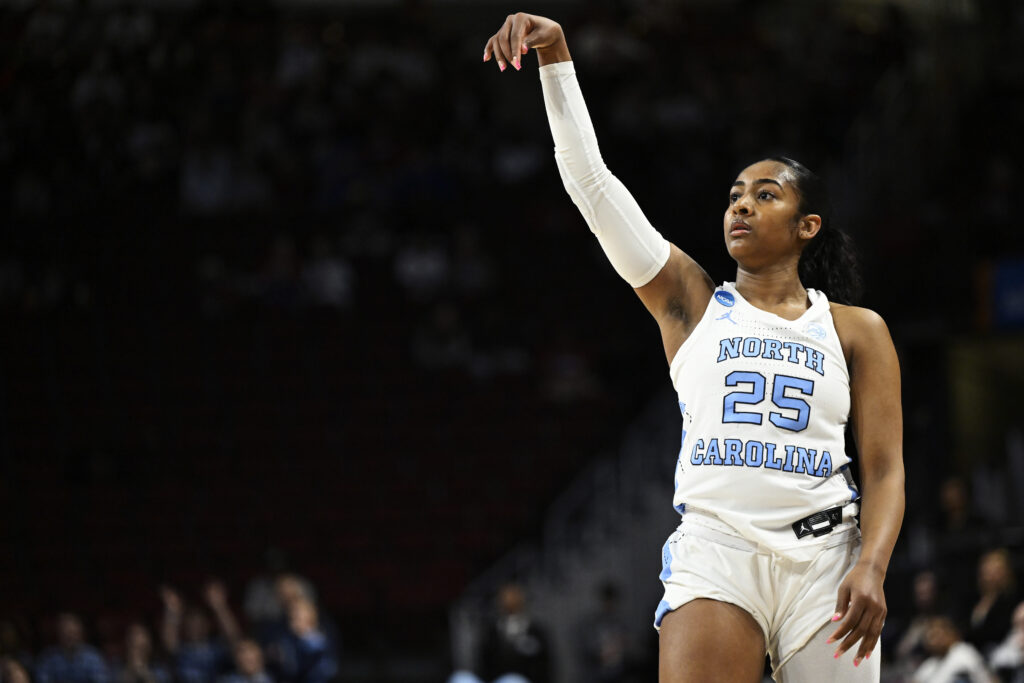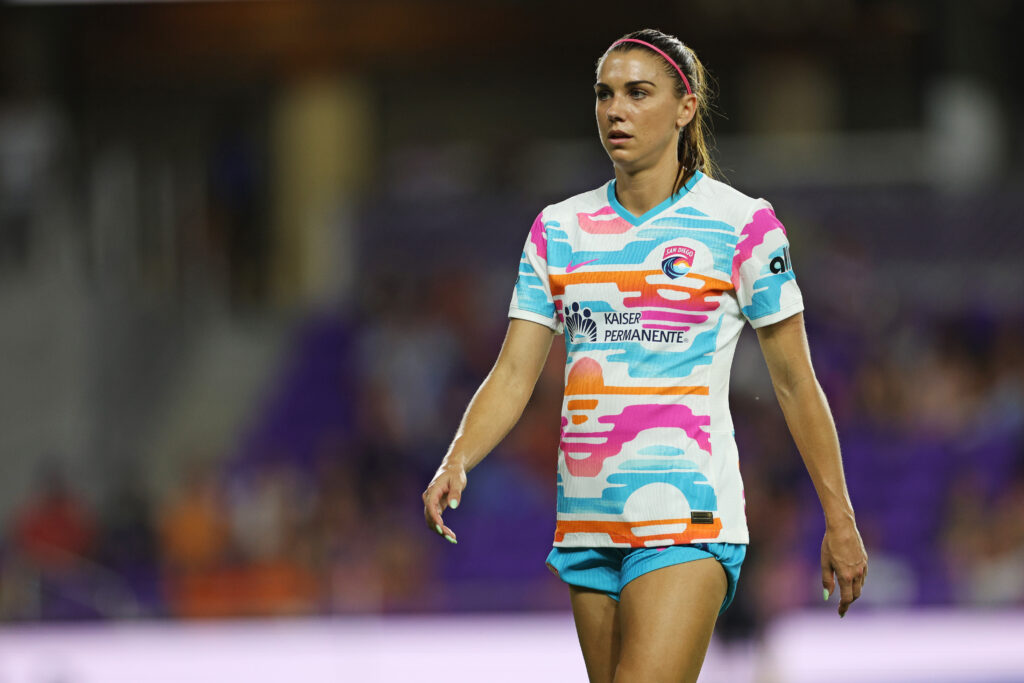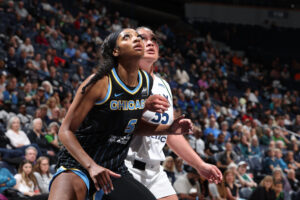The England women’s national team will receive a bonus of £55,000 if they win the Women’s European Championship on home soil, The Telegraph reported Tuesday.
That marks the largest bonus agreement ever between the Football Association and English players heading into a tournament, according to The Telegraph.
The team could receive £1.3 million total for winning the Euros — a higher percentage of UEFA prize money than the men’s team received last summer for its runner-up Euros finish, but still millions less than the men’s team because of the larger pot for the men’s tournament. The total prize money available in the women’s tournament is £13.7 million, just 4.8 percent of the prize pool for last year’s men’s tournament (£285 million).
For the Women’s Euros, English players will receive an appearance fee of £2,000 pounds per match, so more than £72,000 per player could be given out by the end of the tournament if they take the title.
France, meanwhile, is offering a bonus of £20,000 per player if the team wins the tournament.
The numbers continue a positive trend in women’s soccer. In May, the USWNT announced an equal pay deal with U.S. Soccer that will see their players earn the same amount of money as men’s players.
As a result of the deal, in World Cup qualifiers such as the Concacaf W Championship, USWNT players receive $10,000 per game in base pay plus $14,000 for a win and $4,000 for a draw, according to the Associated Press.
So if the USWNT were to win all of its games in the W Championship, players would receive a minimum of $120,000 each from their national federation.
In early June, Spain announced a new deal that will see the women’s team receive the same percentage of bonuses as the men.
Still, as displayed by the Euros, women’s bonuses often draw from prize pools that are smaller than on the men’s side. The winners of this year’s women’s tournament could receive just over €2 million, while in last year’s men’s tournament, Italy took home €34 million.
“Of course, we understand that if you compare it directly to the men’s game, people are likely to have the opinion that it’s not enough,” said Nadine Kessler, head of women’s soccer for UEFA. “The amount has doubled, but people also need to fairly judge the overall situation of this tournament. UEFA will run a significant loss for this tournament, an investment we are absolutely willing and wanting to make to further grow the game.
“Prize money is super important, we all understand the symbolic meaning of huge increases in terms of prize money, and I’m really sure, with the commercialization of the women’s game going fast at the moment, that big jumps can be expected in the future. But it’s not the only area that we have to invest in. Tournament standards, promotion, the conditions around the team, there are many, many areas. And what if I compare it to 2017, where are we really? We’re worlds apart.
“Also, money in women’s football is not limitless, so you have to figure out how to place investment and where to best put it strategically. Prize money is one part of that big picture but it’s not the only one, and maybe that’s why it is as it is today, with a big doubled amount but not as much as we would all like.”
